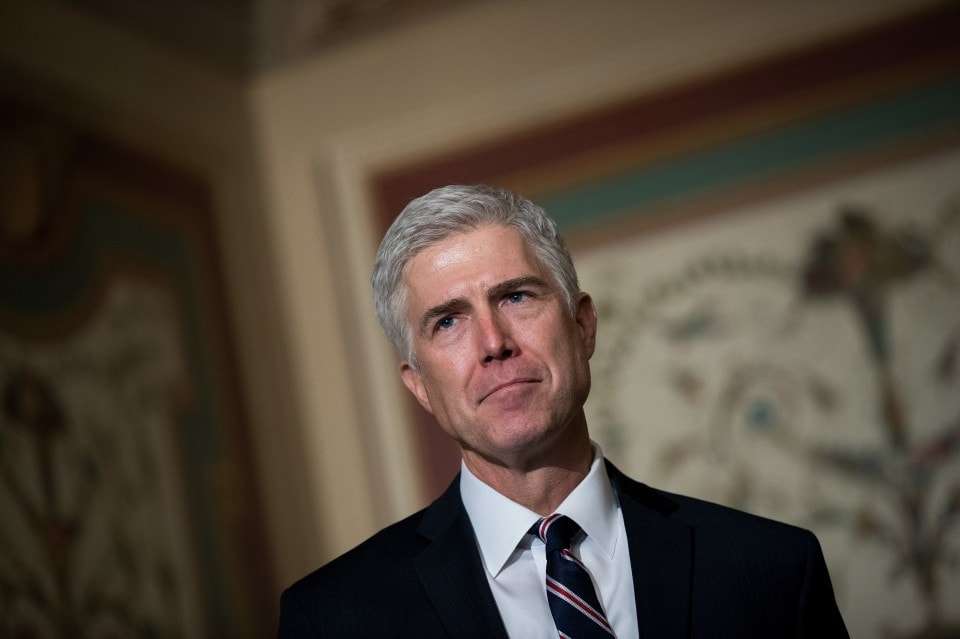Liberal UC Berkeley law professor Dan Farber on Neil Gorsuch

From Politico's mini-symposium on the Gorsuch nomination, an item by Professor Dan Farber, a noted liberal constitutional law and environmental law scholar (and one who, unlike me, has no longstanding friendship with Gorsuch):
Based on what we know so far, trying to stall Neil Gorsuch's nomination seems wrong on principle. I say that as someone who fervently supported Merrick Garland and found the GOP blockade of his nomination appalling. It's understandable that many Democrats think it would be only fair to return the same treatment. But I think it would be wrong.
I had never heard of Gorsuch until I read and blogged about one of his opinions that came down in July 2015. The case involved a challenge to a Colorado law mandating that utilities get at least 20 percent of their electricity from renewable energy sources. The specific issue was too esoteric to get into here, but the law was sufficiently unclear that a judge could write a reasonable opinion either way. Gorsuch wrote a clear, persuasive opinion in favor of upholding the renewable energy law. What I have read about his other opinions - and what I have heard from colleagues who knew him at earlier points in his life - reinforces my view that he is a thoughtful, principled judge, albeit one who is more conservative than I would like.
Still, he's a Trump nominee, and he's nominated for a seat that should properly belong to Garland. So why not filibuster and try to block the nomination? One reason is that the Republicans were wrong in what they did to Garland, and the Democrats were right that this kind of behavior is damaging to the Supreme Court as an institution. But there are two other reasons. First, blocking a nominee for a year when you have a majority of the Senate is one thing; blocking any appointment for four years when you're in the minority is much less feasible (and more damaging to the court).
Second, the key thing about Gorsuch from my point of view is that he's principled - and he seems to have enough backbone to stand up to Trump. We could use that on the court. The fact that Gorsuch has spoken against judicial deference to the executive branch in matters of statutory interpretation makes it more likely that he won't rubberstamp Trump's actions.
I'm not saying that the Democrats should give Gorsuch a quick vote. For one thing, we will know a lot more about him as time goes on. Nor am I saying that they should vote for him. It may be entirely reasonable to vote against him as a protest against what the GOP did to the last nominee. It is also fair to make sure the American people know the views of Trump's nominees. But in the end, I don't think Democrats should try to block the appointment unless something unexpected comes up.
